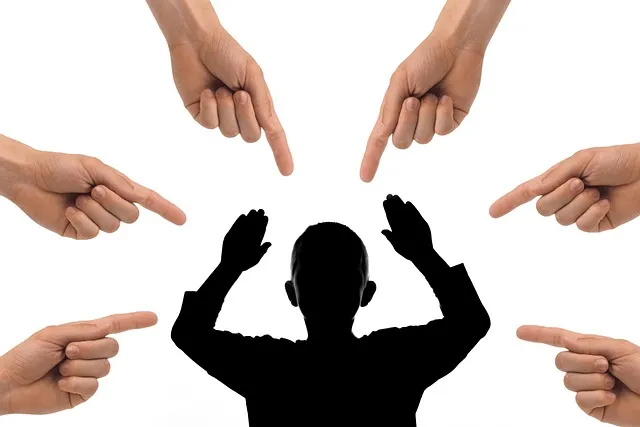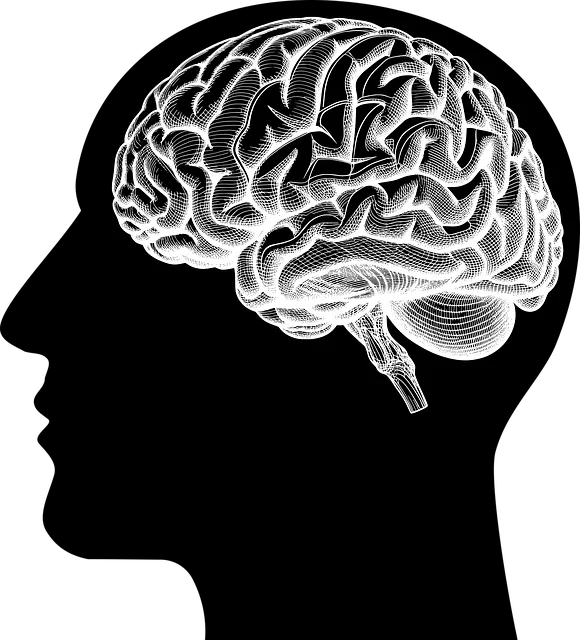Mental illness stigma hinders access to essential mental health services, but initiatives like Crisis Intervention Guidance and increased resources can overcome this obstacle. Organizations like Kaiser Littleton play a crucial role in destigmatizing mental illness through programs like Compassion Cultivation Practices, public awareness campaigns, and Social Skills Training. By educating communities, fostering empathy, and providing tailored support, Kaiser Littleton ensures seeking mental health care is accessible and natural. A multifaceted approach to stigma reduction includes open dialogue, sharing personal stories, and offering quality services, enabling everyone to access care for their mental well-being through Kaiser Littleton's comprehensive resources.
Mental illness stigma is a significant barrier to individuals seeking much-needed help. This article delves into the complex issue, exploring strategies to reduce this societal burden. We examine the role of organizations like Kaiser Littleton in promoting access to mental health services and challenging stereotypes. By understanding the barriers that prevent people from reaching out, we can empower both individuals and communities to foster support and encourage open conversations about mental wellness. Discover how these efforts collectively drive towards a more inclusive society where one can access mental health care without fear of judgment.
- Understanding Mental Illness Stigma: Barriers to Seeking Help
- Kaiser Littleton's Role in Reducing Stigma and Expanding Access
- Effective Strategies for Challenging Stereotypes and Promoting Support
- Empowering Individuals and Communities: A Comprehensive Approach to Stigma Reduction
Understanding Mental Illness Stigma: Barriers to Seeking Help

Mental illness stigma significantly hinders individuals from seeking necessary mental health services. This barrier often stems from societal misconceptions and fear of judgment, leading many to suffer in silence instead of reaching out for support. Understanding the nature of this stigma is crucial in developing effective reduction strategies. Many people struggle with self-awareness exercises, which can make it challenging to recognize when they need help or to discuss their feelings openly.
Through initiatives like Crisis Intervention Guidance and increased access to resources such as how to get mental health services through Kaiser Littleton, we can break down these barriers. Providing accurate information about mental wellness and fostering inclusive environments encourages individuals to prioritize their mental health without fear of ostracization. By reducing stigma, more people will feel empowered to seek the care they need, ultimately leading to improved overall well-being in communities.
Kaiser Littleton's Role in Reducing Stigma and Expanding Access

Kaiser Littleton plays a significant role in reducing mental illness stigma and expanding access to mental health services. Through various initiatives, they are fostering a more compassionate environment where individuals feel comfortable seeking help. One key approach is by integrating Compassion Cultivation Practices into their programs, encouraging empathy and understanding among community members. This not only helps to dispel myths but also creates a supportive atmosphere for those dealing with mental health challenges.
Additionally, Kaiser Littleton has been actively involved in the development of public awareness campaigns that highlight the importance of mental well-being and challenge societal norms. They also offer Social Skills Training programs designed to enhance communication and interpersonal relationships, further reducing barriers to care. By combining these strategies, Kaiser Littleton ensures that how to get mental health services is not just easier but also perceived as a natural part of overall wellness, rather than a daunting or stigmatized task.
Effective Strategies for Challenging Stereotypes and Promoting Support

Stigma reduction efforts for mental illness require a multi-pronged approach to challenge deeply rooted stereotypes and foster supportive environments. Education is a powerful tool; providing accurate information about various mental health conditions can dispel myths and promote understanding. Engaging in open conversations, sharing personal stories, and involving individuals with lived experiences are effective ways to humanize the issue and reduce fear or judgment.
In addition to these strategies, encouraging access to quality mental health services is crucial. Organizations like Kaiser Littleton offer resources such as Healthcare Provider Cultural Competency Training to ensure professionals are equipped to handle diverse patient needs. They also provide specialized Trauma Support Services, recognizing that many individuals face complex emotional challenges. By integrating these services with community outreach and awareness campaigns, we can create a more inclusive and supportive society where everyone has the chance to access care for their mental well-being.
Empowering Individuals and Communities: A Comprehensive Approach to Stigma Reduction

Stigma reduction efforts must be comprehensive and multifaceted to truly empower individuals and communities affected by mental illness. One effective strategy is to foster open conversations about mental health, encouraging friends, family, and colleagues to share their experiences and dispel myths surrounding these conditions. This can be achieved through community workshops, support groups, and educational programs that promote understanding and empathy.
In addition to these social interventions, individuals play a crucial role in stigma reduction by seeking out and utilizing available resources, such as mental health services provided by Kaiser Littleton. Accessing professional care, engaging in Compassion Cultivation Practices like mindfulness and self-care, and learning Burnout Prevention techniques can significantly enhance resilience and support positive mental well-being. Conflict Resolution Techniques can also help individuals navigate challenges with compassion and understanding, further reducing stigma within interpersonal relationships.
Mental illness stigma, a significant barrier to treatment, can be reduced through collaborative efforts. By understanding the complexities of stigma and its impact on help-seeking behaviors, we can leverage initiatives like Kaiser Littleton’s programs to expand access to mental health services. Implementing effective strategies that challenge stereotypes and promote community support is vital. Empowering both individuals and communities with knowledge and resources enables a more inclusive environment where those facing mental health challenges feel supported and encouraged to seek the care they need, ultimately enhancing overall well-being. For those interested in accessing mental health services through Kaiser Littleton, there are numerous resources available to start this journey towards healing and recovery.






